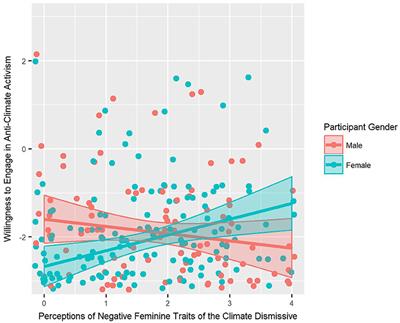EDITORIAL
Published on 29 Nov 2019
Editorial: Public Will, Activism and Climate Change
doi 10.3389/fcomm.2019.00072
- 3,827 views
- 2 citations
27k
Total downloads
248k
Total views and downloads
You will be redirected to our submission process.
EDITORIAL
Published on 29 Nov 2019
ORIGINAL RESEARCH
Published on 21 May 2019
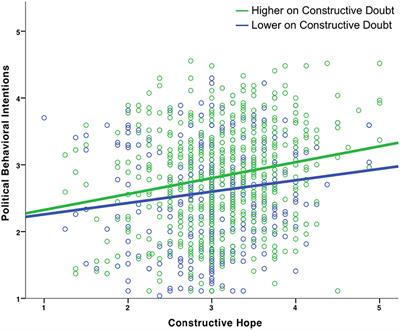
EMPIRICAL STUDY
Published on 22 Mar 2019
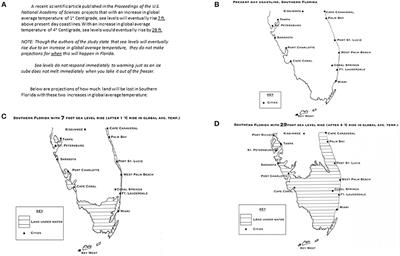
ORIGINAL RESEARCH
Published on 27 Feb 2019
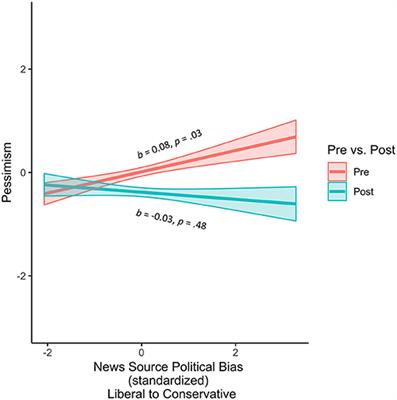
EMPIRICAL STUDY
Published on 26 Feb 2019
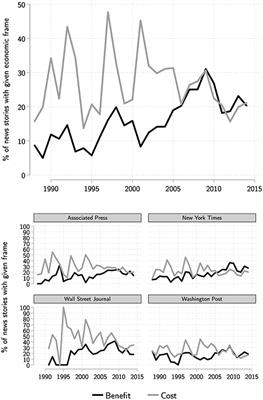
ORIGINAL RESEARCH
Published on 17 Jan 2019
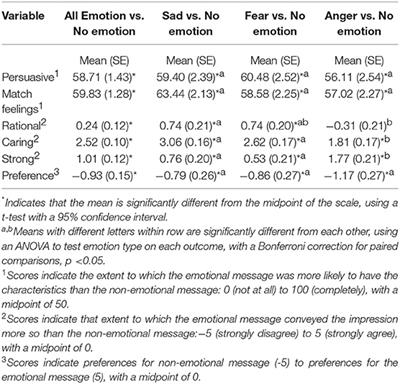
ORIGINAL RESEARCH
Published on 07 Jan 2019
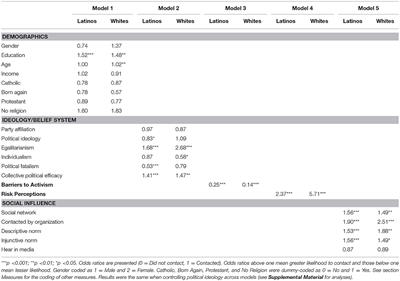
PERSPECTIVE
Published on 19 Dec 2018
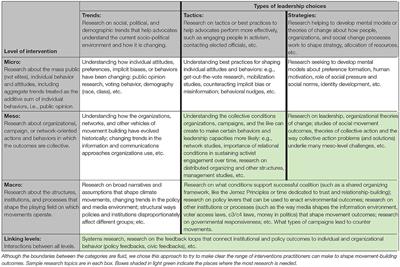
EMPIRICAL STUDY
Published on 04 Dec 2018
